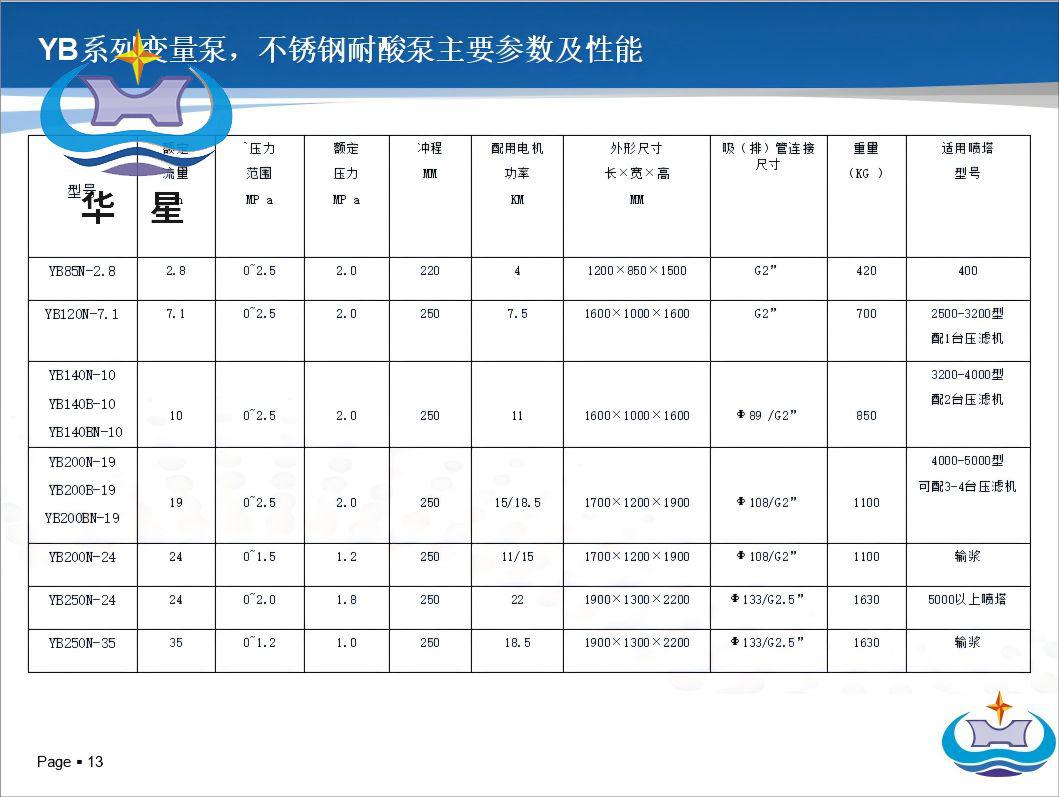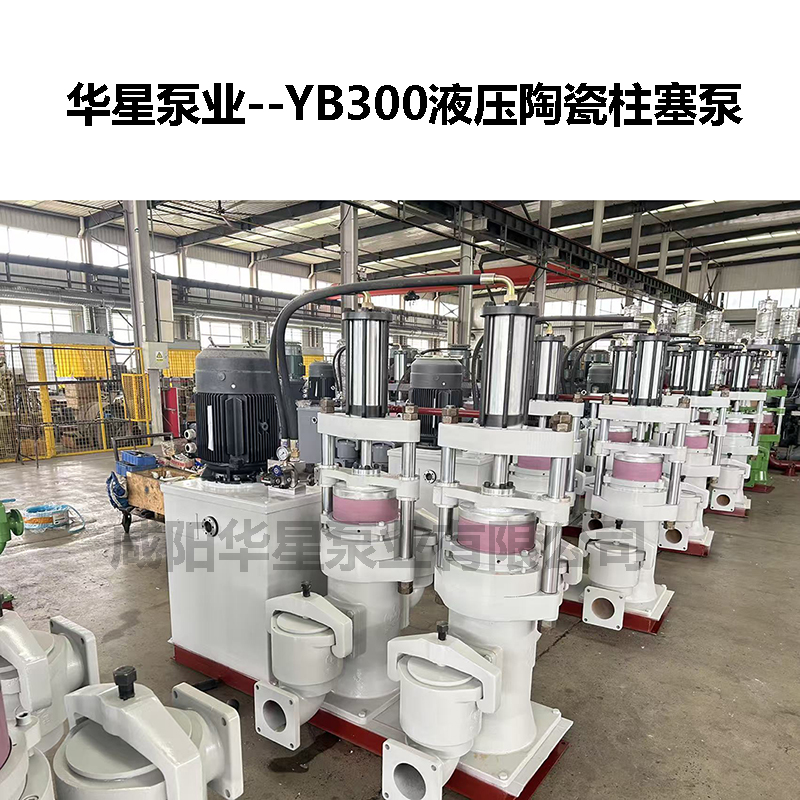


In the food processing industry chain, the feed pump for filter presses is a key piece of equipment that connects the material pre-treatment and filtration-separation processes. Its performance directly determines product quality, production efficiency, and compliance with food safety standards. Unlike industrial scenarios such as mining and chemical engineering, food processing involves special materials like sauces, fruit juices, plant proteins, and starch slurries, which impose dual stringent requirements on the "hygienic safety" and "conveying stability" of feed pumps—it must not only eliminate the risk of material contamination but also prevent damage, stratification, or deterioration of high-viscosity, particle-containing, and heat-sensitive materials during conveyance.
First, in terms of material selection, the wetted parts of filter press feed pumps (such as pump bodies, impellers, and sealing rings) generally use food-grade stainless steel (e.g., 304, 316L) or food-grade polymer materials. These materials not only have excellent corrosion resistance to withstand erosion from acidic, alkaline, and other food materials, but also prevent the leaching of metal ions, eliminating the risk of material contamination by heavy metals. For instance, in tomato juice processing, the acidic environment of tomato juice may corrode ordinary metal pump bodies; however, filter press feed pumps made of food-grade stainless steel can effectively address this issue and ensure the pure quality of tomato juice.
Second, in terms of structural design, filter press feed pumps adopt a "no dead ends, easy-to-clean" design concept. There are no depressions, gaps, or other areas inside the equipment where materials are prone to accumulation. Moreover, most models support quick disassembly and cleaning, which can meet the operational requirements of "CIP (Clean-in-Place)" or "SIP (Sterilize-in-Place)" during food processing. Taking dairy product processing as an example, when switching between production batches, the equipment needs to be thoroughly cleaned and disinfected. The easy-to-clean design of filter press feed pumps can significantly shorten cleaning time, reduce the risk of cross-contamination, and ensure the hygienic safety of dairy products.
The food processing industry involves a wide variety of materials with significant differences in characteristics—ranging from high-viscosity sauces and pulp, to particle-containing fruit and vegetable residues and minced meat, as well as liquid materials that are prone to foaming and oxidation. With its flexible performance adjustment capability and stable conveying effect, the filter press feed pump can adapt to various complex materials, preventing production interruptions caused by material characteristics.
For high-viscosity materials (such as honey, jam, and chocolate paste), ordinary centrifugal pumps tend to have problems like "insufficient conveying power" and "unstable flow rate". In contrast, the filter press feed pump adopts a positive displacement conveying principle. Through the change in space formed by the meshing of the rotor and stator, it can generate stable pressure and flow rate. Even for high-viscosity materials, it can still achieve efficient conveying. In jam production, the filter press feed pump can uniformly convey thick jam to the filter press, enabling good separation of pulp and juice while preventing the deterioration of jam quality due to excessive shear force.
In the operating costs of food processing enterprises, energy consumption and raw material loss account for a relatively large proportion. With its efficient power transmission design and excellent pressure control capability, the filter press feed pump can help enterprises reduce energy consumption and raw material waste, thereby achieving cost reduction and efficiency improvement.
In addition, the filter press feed pump has a low failure rate, and its maintenance cost is relatively controllable. The wearing parts of the equipment (such as sealing rings and impellers) are easy to replace and have a long service life, which can reduce production downtime caused by equipment failures and further lower the enterprise’s comprehensive operating costs.
As society’s environmental protection requirements for the food industry continue to rise, and with consumers’ growing attention to "green production," food processing enterprises must not only ensure product safety but also assume environmental responsibilities. Filter press feed pumps also play an important role in environmental compliance and sustainable production.
In the wastewater treatment process, wastewater generated from food processing (such as slaughterhouse wastewater and fruit and vegetable cleaning wastewater) contains large amounts of organic matter and suspended solids. Direct discharge of such wastewater would cause environmental pollution. Filter press feed pumps can efficiently convey the mixture of wastewater and flocculants to the filter press, enabling solid-liquid separation. The separated clean water can be recycled for cleaning processes, while the filter cake can be reused as organic fertilizer or biomass fuel.
From the core requirement of hygienic safety, to the adaptability to complex materials, and then to the practical needs of cost reduction, efficiency improvement, and environmental compliance, the filter press feed pump has become the "core driving force" in the solid-liquid separation process of the food processing field, relying on its multi-dimensional performance advantages. As the food processing industry moves toward intelligence and refinement, filter press feed pumps are also constantly upgrading. In the future, filter press feed pumps will continue to integrate deeply with the food processing industry, providing more powerful equipment support for enterprises to improve product quality, reduce production costs, and achieve sustainable development, and will become an indispensable and important part of the food processing industry chain.



